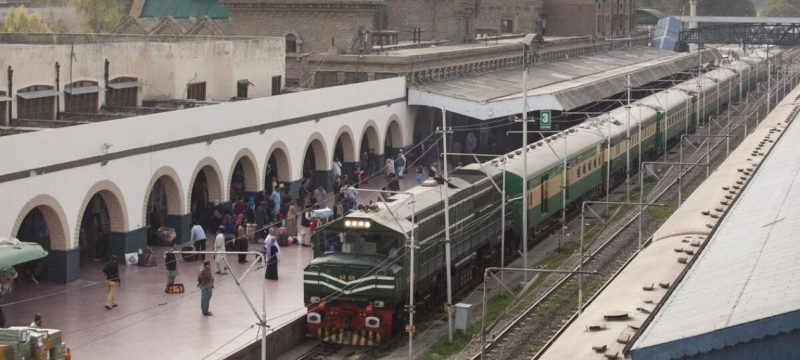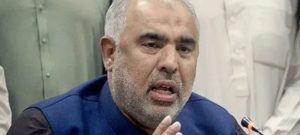Pakistan is now looking to international lenders to fund its Main Line-1 (ML-1) railway upgrade after China withdrew its financial support.
The ML-1 project has long been seen as a flagship part of CPEC. It was designed to modernize the Karachi-Peshawar railway line. Pakistan waited nearly a decade for funding commitments, but negotiations did not progress, and China decided to step back.
In response, the country has started discussions with multilateral banks. The government is seeking up to $7 billion in financing. Plans are in motion to cover 60% of the costs for the Karachi-Rohri section, which alone is estimated at $2 billion.
The Karachi-Rohri segment is considered critical. It will play a major role in transporting copper ore from the Reko Diq mine, which is expected to begin production by 2028. This section is also important for trade and freight operations across the country.
Authorities confirm that a formal proposal and detailed project design are being prepared. Development partners are expected to help with planning and studies that will guide financing in the next stages.
This shift in funding highlights a major change in Pakistan’s infrastructure strategy. While China remains a partner in other CPEC projects, the ML-1 experience shows that Pakistan is now willing to expand cooperation with new lenders.
If completed as planned, the ML-1 upgrade could transform Pakistan’s railway system, reduce transport costs, and boost industrial output. It would also support economic growth by improving connectivity and trade routes nationwide.
Also read: Pakistan’s Solar Energy Soars to Over 25% of Electricity Mix









